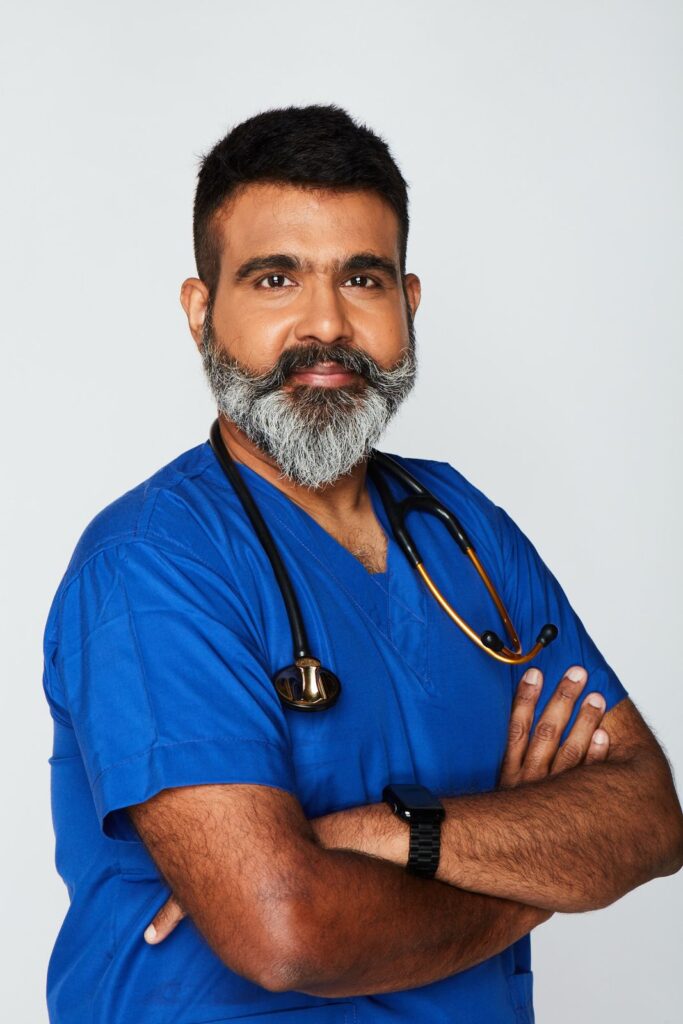By Prof. Dr. Rohan Savio Sequeira, Consultant Cardio-Metabolic Physician

The Lives Saved Report on Sri Lanka published in July 2025, looks back at the future of tobacco control in Sri Lanka. This report demonstrates how the incorporation of tobacco harm reduction (THR) with current World Health Organization (WHO) policy can potentially save tens of thousands of lives over the coming decades.
As a cardiologist, diabetes, endocrinology, and obesity medicine physician, the harm that tobacco inflicted on the health of Sri Lankan’s is very evident. According to Lives Saved Report, the use of tobacco is one of the leading ten death, disease and disability risk factors in Sri Lanka, and oral cancers, specifically oral-pharynx cancers, are a crisis here, the highest in the region. Lung cancer also is preying on our population, adding to the global total of 2.5 million deaths from 8.5 million tobacco-related fatalities annually.12,000 Sri Lankans are dying pre-maturely each year due to combustible tobacco and toxic smokeless tobacco products consumption. With almost 17.7% of adult men smoking, this epidemic will be hemorrhagically high if we limit ourselves to interventions only in the present.
The report, however, is more hopeful. By integrating the World Health Organisation’s (WHO) MPOWER measures with harm reduction strategies, such as access to less harmful nicotine products, improved cessation services, and enhanced cancer care, Sri Lanka could save up to 85,000 lives by 2060. Numbers are not just statistics. Each life is a family not burdened with mourning, a child who does not lose a parent, and a healthier and more productive country.
Regrettably, Sri Lanka’s existing legislative system does nothing to contribute toward this progress. Cigarettes are heavily taxed and regulated, heated tobacco products are prohibited, and vape products remain unregulated and uncontrolled. With restrictive taxation of smokeless nicotine substitutes and no control, 100% of these less harmful alternatives are smuggled into Sri Lanka. This is not keeping people safer; it is driving them to unsafe, untested, and uncontrolled alternatives. Far too often, activist driven by unsubstantiated agendas call for bans citing youth access, but banning does not eliminate harm. Banning pushes consumers on to the illicit markets, fuels black markets, and makes them more ill. Nicotine addiction exists, and depriving people of less harmful options leaves traditional cigarettes as the only choice.
In my opinion, we need to move forward to risk-proportionate regulation. That means regulations that acknowledge the lower risk of these smokeless nicotine products compared to cigarettes and ensure that the regulatory approach is appropriate to the level of risk posed by each product. Meanwhile, we must make it crystal clear that harm reduction is not an open door to youth initiation. Age controls, strong enforcement, penalties on retailers for violations, and vigilant surveillance must prevent inducing young people to start using and ensure such products are only for adult smokers. Introduction of regulations are a crucial control mechanism to prevent youth access.
The Lives Saved Report is not just research; it is a call to action. We need to transcend prohibition and outmoded approaches, and adopt science, innovation, and evidence-based regulation that engages with the facts of human behaviour. Sri Lanka has a unique opportunity to prevent tens of thousands of deaths, lower the national disease burden, and safeguard future generations. As a physician, it is my responsibility to call for solutions that safeguard health without turning a blind eye to human behaviour. The evidence is clear: tobacco harm reduction saves lives if it is responsibly regulated. It is time for Sri Lanka to move forward with compassion, evidence, and foresight.
About Prof. Dr. Rohan Savio Sequeira
Prof. Dr. Rohan Savio Sequeira is a senior Indian cardio-metabolic physician with over 30 years’ experience in non-invasive cardiology, endocrinology, diabetes, and obesity care. Based in Mumbai, he consults at Jaslok, Breach Candy, and Holy Family Hospitals. A Harvard-trained PhD in Endocrine and Metabolics, he is a fellow of leading international medical bodies and served as Honorary Consultant to the Governor of Maharashtra. Founder of Queira Technologies (ClinicJet.com) and associate editor for Journal of Internal and Emergency Medicine (Italy), Dr. Sequeira champions tobacco harm reduction and evidence-based public health policy.